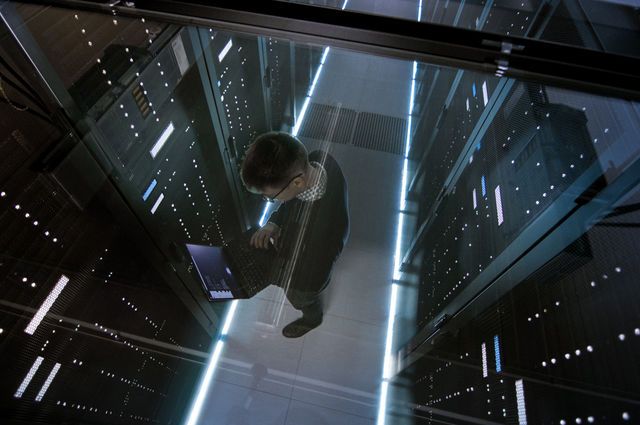Solving Labor Shortage Through Technology
14 experts shared their view
With travel demand accelerating rapidly, the hospitality industry is experiencing a new challenge: labor shortages resulting in sharply rising labor cost, which consumes as much as 60%-80% of RevPAR (CBRE). In the U.S. alone, hotels need to hire 600,000 more employees by summer to be able to meet demand (BIS.gov). Right now there are 171,800 open positions on LinkedIn for hospitality jobs in the U.S.
Wages in hospitality operations - frontline position such as housekeeping, front desk, wait staff, line cooks, etc. - are up more than 20% since April 2020 (Hotel Effectiveness). Hotels and restaurants alike are offering sign-up bonuses, higher wages and even cash payments to candidates just to come for an interview. In the same time productivity is down due to influx of inexperienced staff, since many of the experienced hospitality professionals left the industry due to furloughs and layoffs during the pandemic.
The question is, how can the hospitality industry solve the current labor shortages and unsustainable labor cost through technology innovations, automation, mobility, robotization and next gen technology applications?
Hospitality will always be a people business. There is no substitute for a kind “welcome” and an understanding smile. The critical role that technology can, and must play going forward, is the role of enabler. For too long, technology has placed barriers between hosts and their guests, restricting the ability to provide that welcoming embrace. Today technology must enhance the guest/host interaction. But to do this, technology must actively unburden your staff by providing an easy-to-use platform that can streamline operations, facilitate access and communication, and ultimately empower hoteliers to deliver exceptional service to their guests.
At base, hotel technology must be easy-to-use and easy-to-train on. It must be flexible and frictionless, and it must be elegant in design. It must be simple to use but unimaginably powerful in its ability to foster service. For a core system like a PMS, hotelier's should prioritize platforms that are guest-centric and staff friendly to streamline operations, increase staff productivity, and enhance the guest's welcome experience. A guest-centric and staff friendly PMS system is equipped with an intuitive interface that is easy to navigate and allows employees to put more focus on serving the guests. Not only does this make it easier to onboard new hires, it also expands a hotels' talent pool, allowing them to focus on candidates who genuinely excel at hospitality, rather than prioritizing those who have experience with a legacy PMS. This is critical in a climate where many experienced hotel professionals have transitioned away from the industry and hoteliers are forced to consider less experienced, but hopefully equally guest-focused, talent.
In order to support a lean staff, it's critical to automate as many repetitive administrative functions as possible 一 From bulk check-in, to reporting, to housekeeping management. Automation can streamline a hotel's operations and enable staff to be more productive, but it can also deliver a more personalized guest journey. Take contactless check-in: By providing guests with automated mobile- or kiosk-based self check-in options you can free up staff that would normally be tied down to the front desk. But you also provide guests with a welcome experience that is more convenient and hygienic, and one that gives them the opportunity to enhance their stay with any number of targeted amenity or upgrade offers sent directly to their mobile device. And while mobility can help your staff ditch the walkie-talkies, it also allows them to break free from the front desk to deliver an unburdened and personalized service to your guests anywhere on property.



